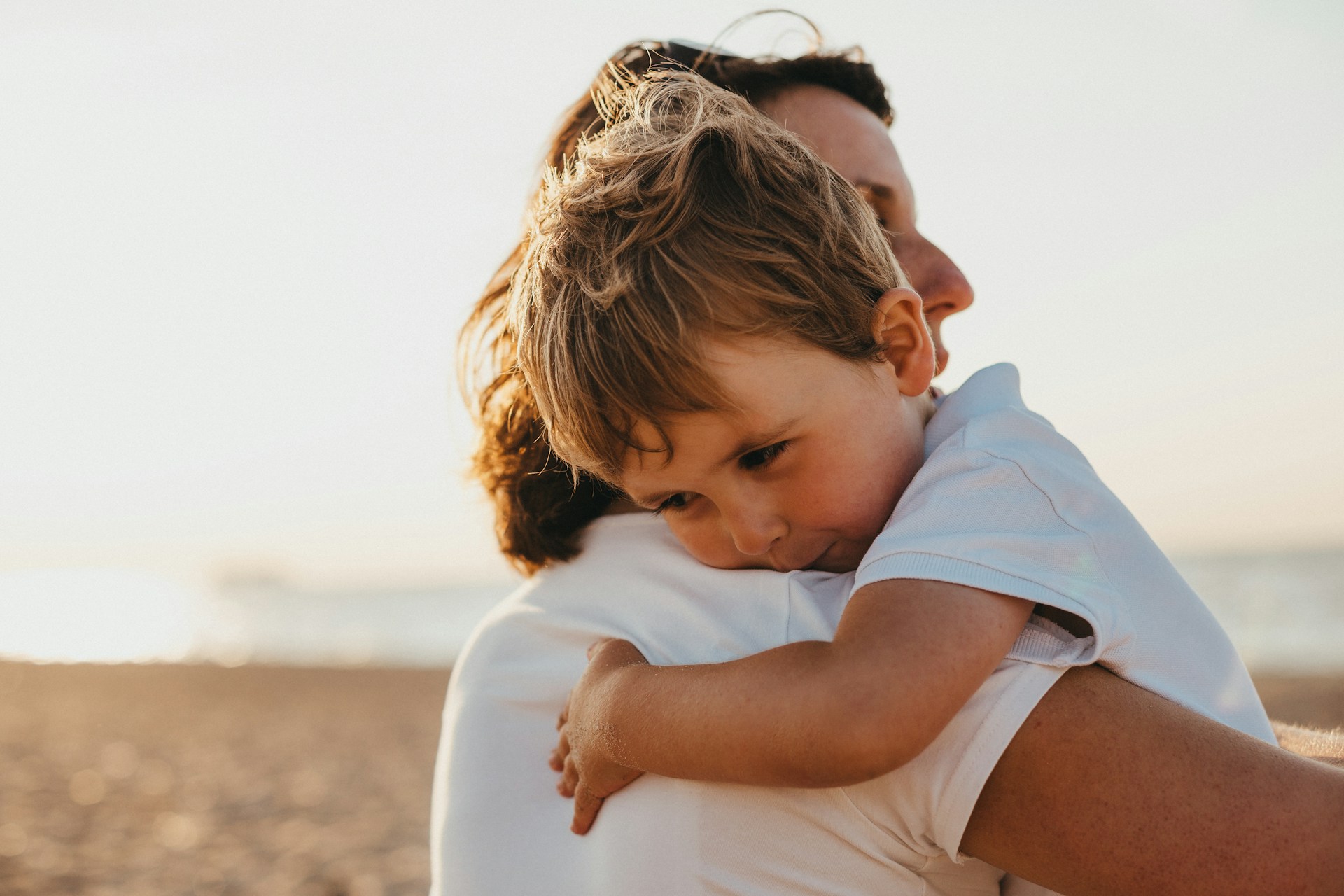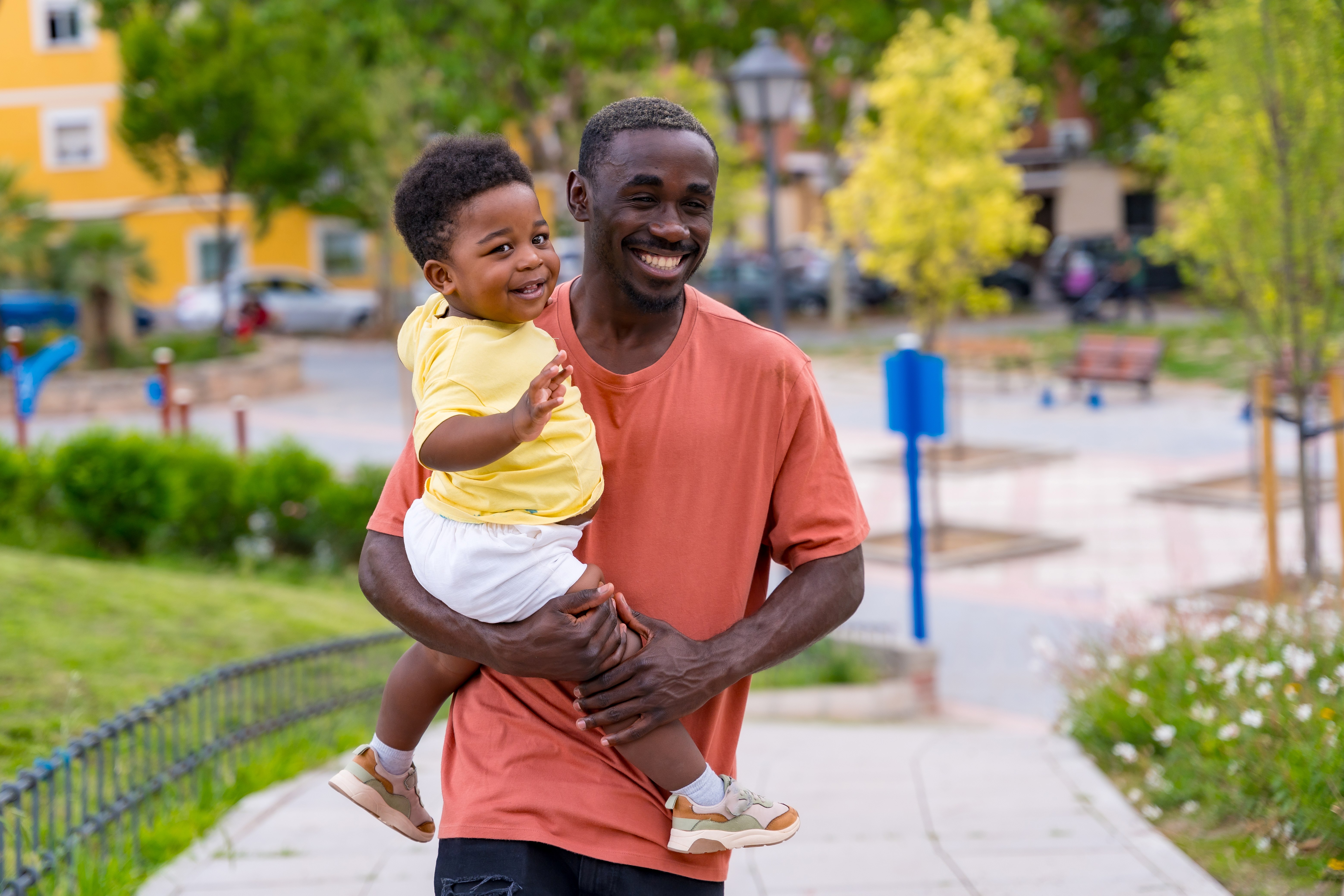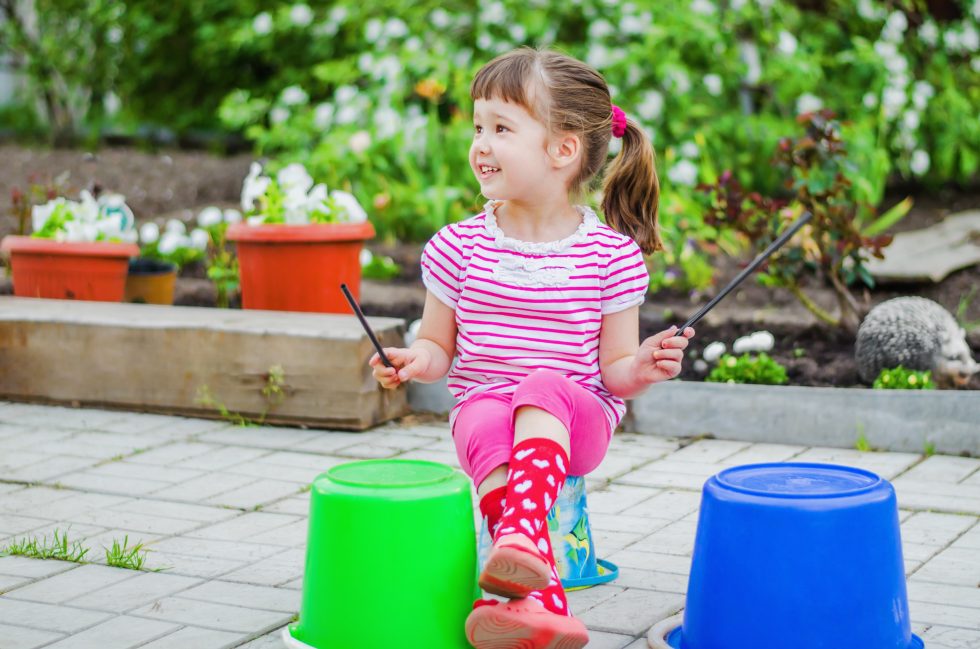
Understanding the development of children’s wellbeing using Arc Pathway
Let’s start with wellbeing!
As subscribers to Arc Pathway at Home, your child’s future is precious to us, and we are keen to help you get the most out of the app. We believe that unlocking the full potential of your child’s development begins with a deeper understanding of your child's wellbeing.
Let’s take a look at the Arc Pathway at Home Wellbeing Arc. It is made up of the following five areas.
1. Attachment: “I trust you.”
Children need to feel and know that the adults in their lives are reliable, trustworthy, and dependable.
Children need to be dependent before they can be independent. Attachment is a crucial relationship bond where children learn to trust that the people around them will respond lovingly, meet their needs, and be there for them. This is not limited to just parents; all significant adult figures in a child's life contribute to creating an environment of trust.
Benefits: healthy relationships, confidence and independence.
2. Confidence: “I have confidence in you and in my environment:”
Children need to be sure of the world and the people around them.
The dependability of adults is the cornerstone of wellbeing and plays a critical role in overall mental health and stability.
Children need to know that adults will respond positively and lovingly. Children need regular and established routines alongside exciting and stimulating opportunities to explore. Doing different things with a dependable adult expands confidence.
Benefits: more confidence and self-reliance leading to independence
3. Self-awareness: “I understand myself.”
Children need to have a good sense of who they are, physically, emotionally and mentally.
Children need to know and understand their thoughts and feelings, their likes and dislikes and their physical and emotional needs.They need to understand what challenges them, what motivates them and what daunts them. The more adults point out and respond to children about their environment, the more aware children can become.
Benefits: self-identity, wellbeing, enjoyment of one’s own company.
4. Social awareness: “I am aware of and understand others.”
Children need to have a good sense of others around them.
The world can be a complex and confusing place and it is essential for children to learn how others view the world, how others view them, how others feel, what they like or dislike, what they may find difficult or challenging. Crucially, children need to learn how their own actions can impact those around them.
Benefits: robust friendships, healthy relationships, happiness.
5. Self-regulation: “I know, understand, and can manage myself.” Children need to learn to manage their emotional, mental and physical states.
Self-regulation is a child’s ability to understand and manage their energy states, emotions, thoughts, reactions and behaviours. Self-regulation takes many years to mature (around 25 years!) and is significantly supported and encouraged by co-regulation, where adults help children understand how they feel and what to do about it.
Benefits: healthy relationships and sense of self.
Practical reflection
These key areas of wellbeing, when nurtured and supported, will contribute significantly to a child's overall development and happiness, their social relationships and sense of self.
Reflecting on our experiences as parents, we can see that sometimes, in the face of challenging parenting situations, it is difficult to always remain calm and positive. However, knowing and understanding the roots of wellbeing will help us support our children much more effectively!
Further Reading
Get in Touch
Have any questions?
We’d love to hear from you!







